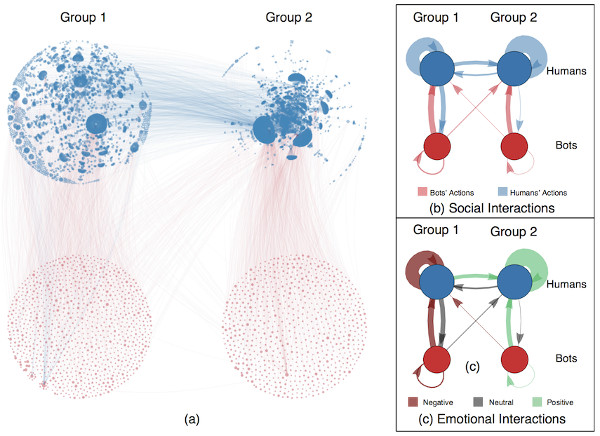Events
-

-

Speaker
Roger Guimerà, ICREA & Universitat Rovira i VirgiliDescription
Since the scientific revolution, interpretable closed-form mathematical models have been instrumental for advancing our understanding of the world. Think, for example, of Newton’s law of gravitation, and how it has enabled us to predict astronomical phenomena with great accuracy and to gain deep insights about seemingly unrelated physical phenomena. With the data revolution, we may now be in a position to uncover new mathematical models for many systems, from physics and chemistry to the social sciences. However, to deal with increasing amounts of data, we need approaches that are able to extract these models automatically, without supervision, and with guarantees of asymptotically finding the correct model. In this talk I will review standard machine learning approaches and discuss their limitations in terms of getting interpretable models. Then, I will present a Bayesian "machine scientist" that deals rigorously with model plausibilities and also explores systematically the space of models, using the analogy between Bayesian inference, information theory, and statistical mechanics. The machine scientist is able to obtain closed-form mathematical models from data, and to make out-of-sample predictions that are more accurate than those of standard machine learning approaches.
-
Description
Lecturers: Marco Dentz and Juan Hidalgo (IDAEA-CSIC)
Postgraduate course addressed to physicists, chemists and engineers, organized in five 2-hour sessions:
- April 29: Introduction to transport in heterogeneous media.
- May 13: Langevin and Fokker-Planck equations
- May 20: Dispersion
- June 3: Continuous time random walks
- July 1: Trapping modelsAll sessions will take place on Monday, from 11 to 13 h, at room 3.20 (3rd floor of Physics UB, new building, campus Sud de Pedralbes).
Organizers
UBICS -

Speaker
Emilio Hernandez-Garcia, IFISC (CSIC-UIB, Palma de Mallorca)Description
Factors such as competition for water or nutrients or interactions with herbivores drive spatial instabilities in landscapes of terrestrial plants, resulting in pattern formation phenomena that have been a subject of intense research in the last years. Observations from air and side-scan sonar data have recently revealed analogous pattern forming phenomena in submerged vegetation in the Mediterranean Sea [1], mainly in meadows of seagrasses such as Posidonia oceanica and Cymodocea nodosa. Starting from growth rules of these clonal plants, we have derived a macroscopic model for the plant density that is able to provide an explanation to the observed submarine patterns of isolated ‘fairy circles’, and landscapes of spots and stripes. The essential ingredient is a competitive interaction at a distance of 20-30m. Beyond a qualitative description of the observed patterns, and their prevalence under different meadow conditions, the model fits well measurements of the population density of Posidonia, which show great variability close to the coast, where patterns typically appear.
Work done in collaboration with D. Ruiz, D. Gomila, T. Sintes, N. Marbà and C. Duarte
[1] D. Ruiz-Reynés, D. Gomila, T. Sintes, E. Hernández-García, N. Marbà and C.M. Duarte, Fairy circle landscapes under the sea, Science Advances 3, e1603262 (2017).
-

Speaker
Prof. Manlio de Domenico (Fundazione Bruno Kessler - ICT)Description
Per què les notícies falses s'estenen més i més ràpid que les notícies reals? Quins són els bots socials i quin és el seu paper en la divulgació de la informació errònia? En aquesta xerrada respondrem aquest tipus de preguntes i mostrarem com és possible manipular l'opinió pública amb la nova ciència de les xarxes i la intel·ligència artificial. Com a cas pràctic, comentarem els fets ocorreguts en les xarxes socials durant el referèndum català de l'1 d'octubre de 2017. A la part final de la nostra xerrada, proporcionarem algunes pautes i contramesures per defensar-nos de la desinformació i la manipulació en línia.
